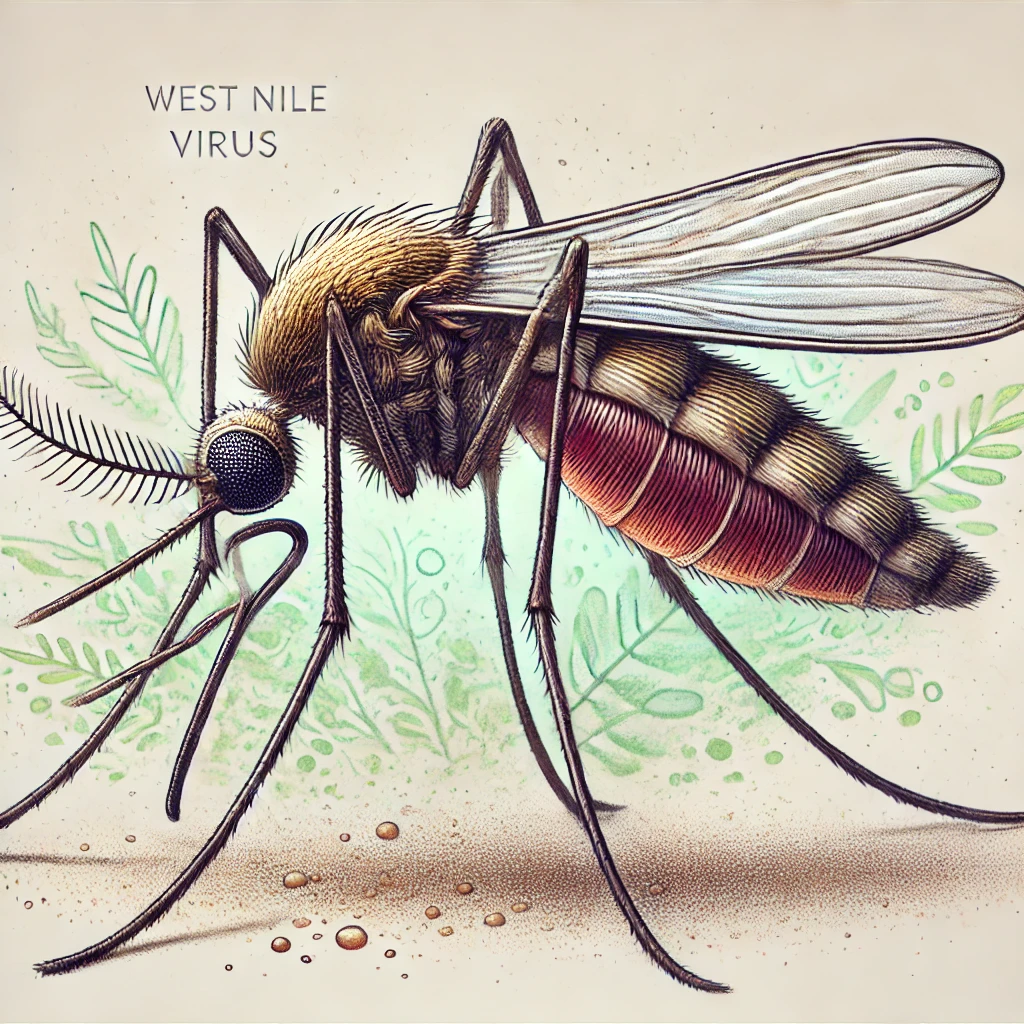Fort Bend County, TX – On June 15, 2024, health officials confirmed the first positive sample of West Nile Virus (WNV) in a mosquito for the year 2024. The sample was collected as part of the county’s routine mosquito surveillance program, prompting immediate public health advisories.
The Fort Bend County Health & Human Services Department reported the positive sample was identified during regular monitoring efforts aimed at tracking mosquito-borne diseases. The discovery has heightened awareness and led to the implementation of precautionary measures to prevent the spread of the virus.
West Nile Virus is primarily transmitted to humans through the bite of an infected mosquito. While most individuals infected with WNV do not exhibit symptoms, about 20% may experience mild symptoms such as fever, headache, body aches, and sometimes a skin rash or swollen lymph glands.

In severe cases, particularly among older adults or individuals with weakened immune systems, WNV can lead to more serious illnesses, including encephalitis or meningitis.
Dr. Jacqueline Minter, Director of Fort Bend County Health & Human Services, emphasized the importance of community vigilance in light of the positive WNV sample.
“We urge residents to take preventive actions such as using insect repellent, wearing long sleeves and pants at dusk and dawn when mosquitoes are most active, and eliminating standing water around their homes where mosquitoes can breed,” Dr. Minter advised.
The county has increased its mosquito control efforts, including targeted spraying in areas where the virus has been detected. Public health officials also recommend the “Four Ds” of mosquito protection:
- Dusk and Dawn: Avoid outdoor activities during these peak mosquito biting times.
- Dress: Wear long sleeves and pants to minimize skin exposure.
- DEET: Use insect repellents containing DEET.
- Drain: Eliminate standing water where mosquitoes can breed.
Residents are encouraged to stay informed through local health department updates and to report any dead birds or increased mosquito activity to the county’s mosquito control program. The identification of WNV in mosquitoes serves as a reminder of the ongoing risk of mosquito-borne diseases and the need for continued public health vigilance.
For more information and updates on mosquito control efforts and health advisories, residents can visit the Fort Bend County Health & Human Services website and follow local news outlets.
